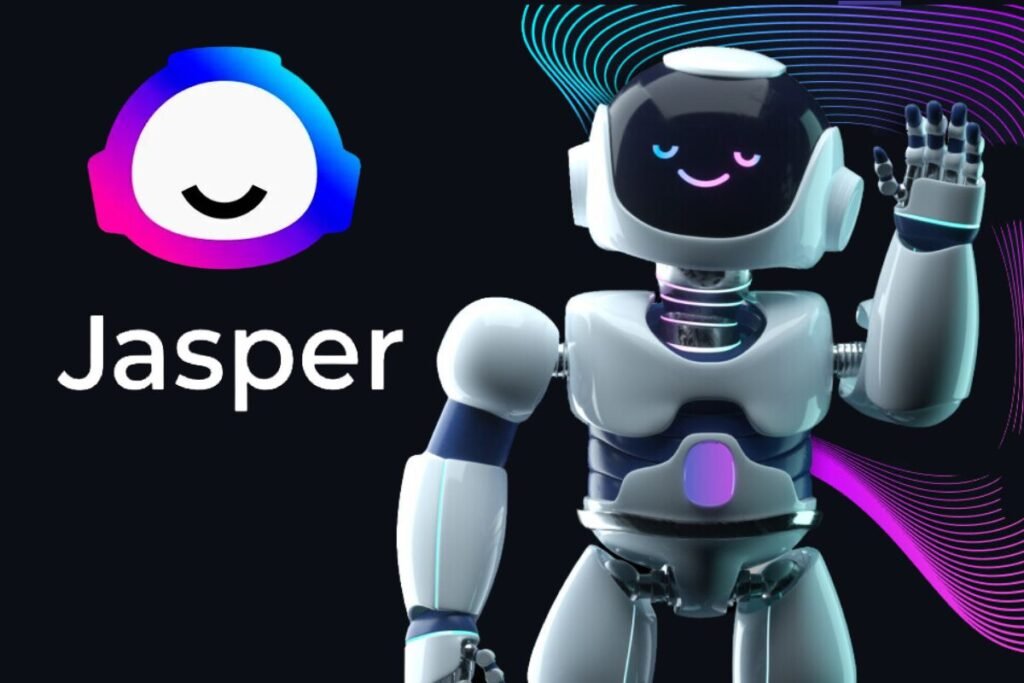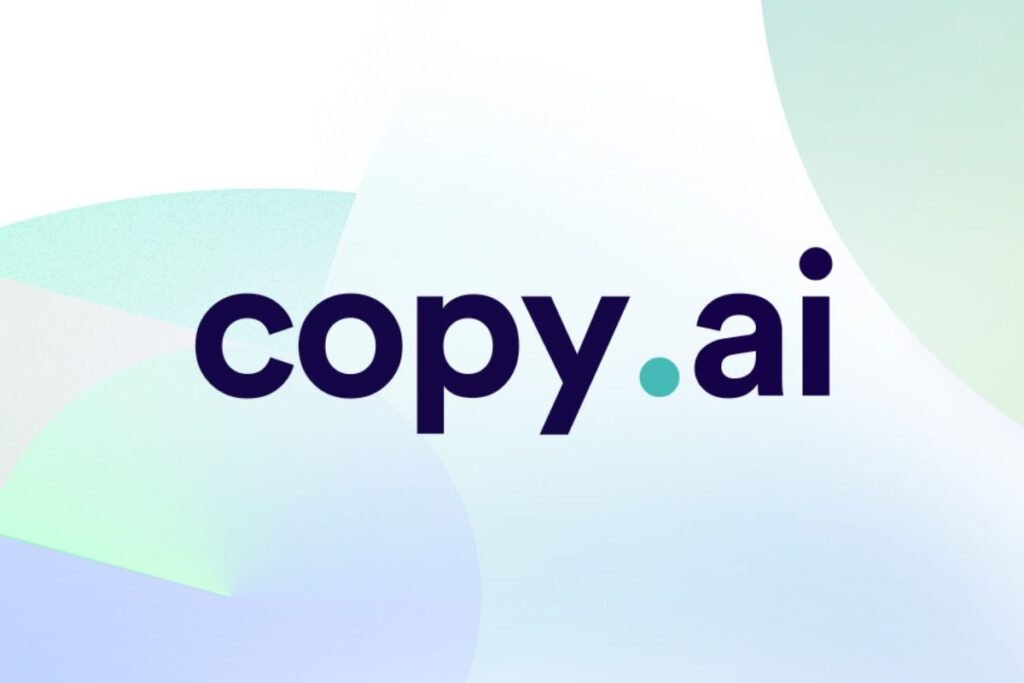AI has taken the world by storm. It is gaining popularity and has the ability to change the digital realm of various industries. As a result, there is a growing need for AI tools across organisations, and small company owners are particularly interested in integrating AI technologies to obtain a competitive advantage. Let us explore AI tools that existed before Open AI ChatGPT.
What are AI tools and how do they work?
Artificial Intelligence (AI) leverages machine learning to generate responses or perform tasks depending on the given prompts. These solutions might lead to producing large or short pieces of content, designing or editing images, producing videos, editing audio, reviewing code lines, and much more. AI can boost our abilities and talents, but it cannot replace them entirely. You have probably already benefited from this technology without even realising it. Our experiences are already enhanced by tailored feeds, advertising, and suggestions from translation apps, navigation software, streaming services, e-commerce websites, and social networking platforms.
About Open AI’s ChatGPT
OpenAI launched ChatGPT back on 30 November 2022. ChatGPT is an artificial intelligence that can have natural conversations with people. It uses one of those huge language models trained on tons and tons of text to generate human-like responses. So you can ask ChatGPT something in normal English, and it’ll understand your question and reply in a coherent way. It can do neat stuff like automated searches, natural language processing, and integration with customer service platforms. The goal is to make ChatGPT conversational – to mimic the way humans chat, but in a chatbot interface. Now let us dive into the list of 5 AI tools that existed before ChatGPT which pose slightly similar features.
Also Read: SEO Freelancer vs. In-House SEO vs. SEO Agency: Which is Right for You?
5 AI Tools That Existed Before Open AI ChatGPT
Jasper.ai

| Launched in | February 2021 |
| Founders | Chris Hull, Dave Rogenmoser, John Philip Morgan |
Jasper thrives in producing long-format content such as blog posts, scripts, outlines and more. Jasper could be one of your best AI tools if you are looking for rational and creative replies. Its AI is well trained on industry best practices, and it comes with more than 50 templates to choose from. This includes blog posts, Facebook advertising, and video scripts.
Features:
- Jasper will help create the content if you provide a detailed prompt with the set instructions such as required tone and voice.
- It has a simple-to-use user interface.
- The chat feature allows you to come up with ideas and quickly create the required content.
- You may modify your responses to any style of writing (formal, informal, professional, or academic).
Limitations:
- The content by Jasper needs thorough readings for corrections and accuracy.
- It is challenging to use the free trial period before opting for a premium plan.
GrammarlyGo

| Launched in | March 9, 2023 |
| Founders | Grammarly |
GrammarlyGo is an AI-powered content creation tool that can be used to generate ideas, create outlines, and even give suggestions for your old work. Like other competing AI writing tools, it lets you enter your own specific and tailored prompt to produce content.
Features:
- It has an in-built suggestion feature to tweak your work.
- It sets the formality and tone to make sure your content matches your writing style.
- It has a built-in plagiarism checker to ensure the accuracy of your content.
Limitations:
- GrammarlyGo only supports the English language at the moment.
- Based on your plan, you can only put a specific number of prompts per month.
- It only provides general writing aids. Therefore, this tool might not be suitable for technical writing.
Rytr

| Launched in | April 2022 |
| Founders | Abhi Godara |
Rytr leverages its powerful machine-learning skills to produce creative, SEO-optimised content within seconds. You may use this tool to proofread your academic and professional writing for errors and develop fresh content.
Features:
- You can leverage grammar and spell-check tools to find errors before publishing your content.
- You can also use several writing styles to produce blogs, articles, social media copies, product descriptions, and more.
- It supports several languages to increase the accessibility of your content.
Limitations:
- Occasionally, Rytr’s content needs further editing to align with the writing requirements.
- Every price plan has word count restrictions, including the “unlimited” one.
Copy.ai

| Launched in | October 2020 |
| Founder | Paul Yacobian, Chris Lu |
Copy.ai is an AI–writing tool that is designed to assist users in creating a range of content. It has become a standard tool for anything from social media copies to product descriptions. Its powerful AI language model helps create original and creative content. Marketers who create a variety of text content – such as emails, product descriptions, Instagram captions, and ads copy will find it ideal for their content writing work. All you have to do is give a prompt on what to write, some instructions and tone of the content.
Features:
- With the help of its machine learning technology, it generates error-free content.
- In contrast to the other AI tools, Copy.ai provides a broader range of content.
- Its interface is clear and simple to use for a positive user experience.
Limitations:
- The quality of service for Copy.ai frequently varies between GPT-3 and GPT-4.
- It doesn’t provide the most helpful materials for customer service.
Wordtune

| Launched in | October 2020 |
| Founders | A121 Labs |
Wordtune is an AI writing assistance tool for a faster and more reliable writing experience. This tool is simple to use and saves time so that you can concentrate on what matters most. Speed up your tasks with generative AI and enhance your productivity. Simply type your prompt, ask AI to extend, shorten, or rephrase it. The tool is compatible with both Word (Beta version) and browsers (with a plug-in) so you can use it anywhere you want to write. It has both free and premium plans.
Features:
- For swifter editing and writing experience, Wordtune collaborates with popular tools including Microsoft Word, iOS, and Google Chrome.
- It also helps to generate fresh and interesting ways to use various words and expressions.
- One more exciting feature is that you can also convert video content into blog posts by leveraging the YouTube summary tool.
Limitations:
- Wordtune lacks high-level capabilities such as voice settings and template options.
- Occasionally, it alters the original meaning of the content which makes it time-consuming to edit the content.
Also Read: Everything You Need to Know About Search Engine Marketing Done Right
Ease up your work with AI Tools
Leveraging any of the AI tools is a smart decision. It is simple to use a few applications to improve your day and reduce your workload. To be honest, nothing can replace the human factor at work; however, with the help of AI tools, we can concentrate on more strategic plans. These tools can only help in brainstorming new ideas, saving time and improving efficiency. As a writer, you can always produce original content after you outline your content-producing plan with the help of various AI tools. Keep using AI tools to enhance your brands, businesses, and team’s productivity.
Frequently Asked Questions
Which are the ChatGPT alternative tools?
Microsoft Bing
Google Bard
Jasper.ai
Copy.ai
Chatsonic
What are some of the top AI tools?
GPT-4
ChatGPT
Bard
Claude
Synthesia
Github Copilot
Alpha Code
Cohere Generate
What makes AI most effective?
Siri and Alexa are examples of virtual assistants.
Customised content recommendations on OTT platforms.
Financial fraud detection systems
Who is the father of AI?
AI is credited to John McCarthy as its founding father. Computer scientist John McCarthy was from the United States. He coined the term Artificial Intelligence. He defined it as “the science and engineering of making machines that are smart.”
How is AI used today?
Artificial Intelligence (AI) aims to improve learning, thinking, and perception using computers. AI is now applied in a variety of sectors including banking and healthcare.





